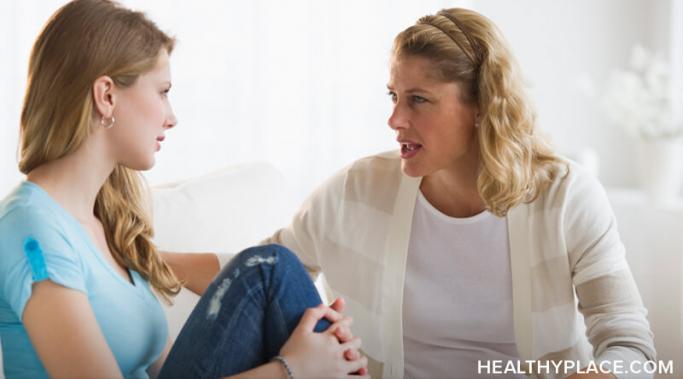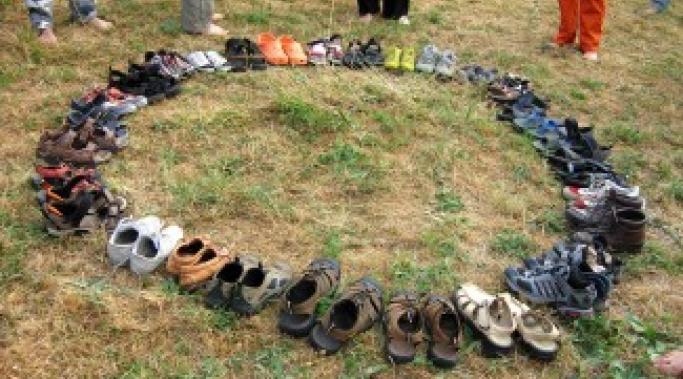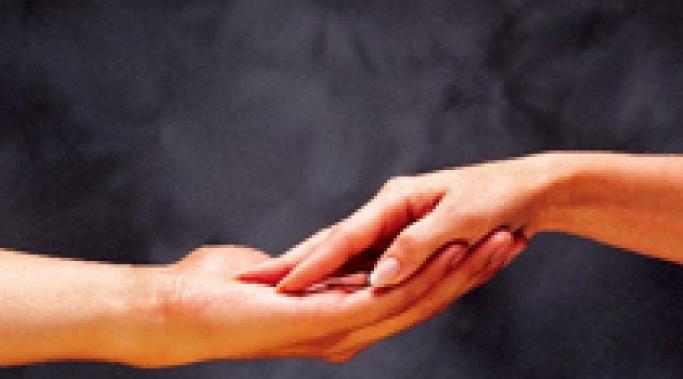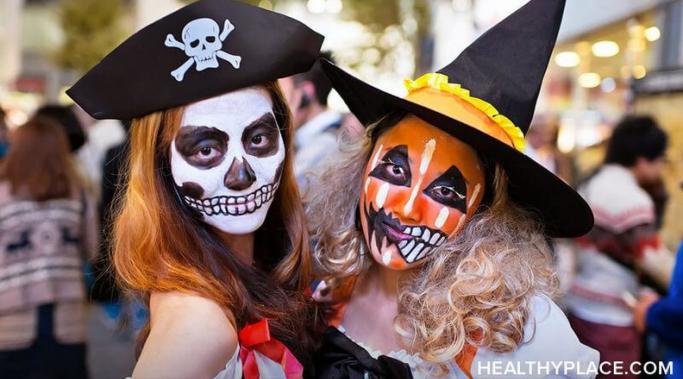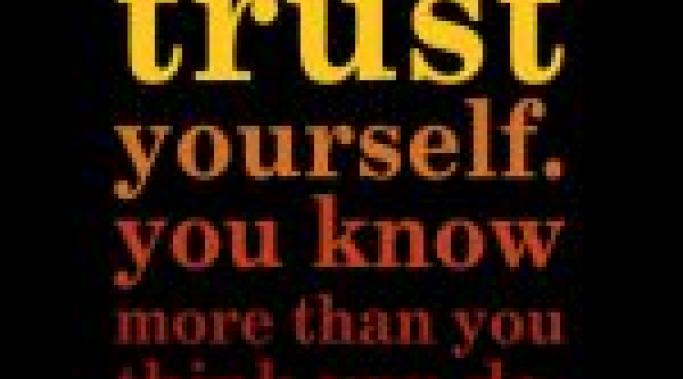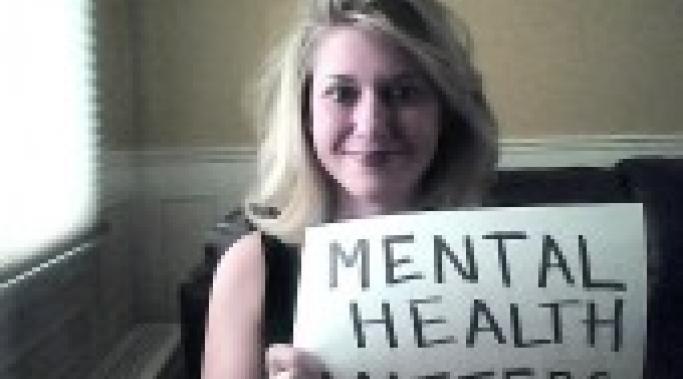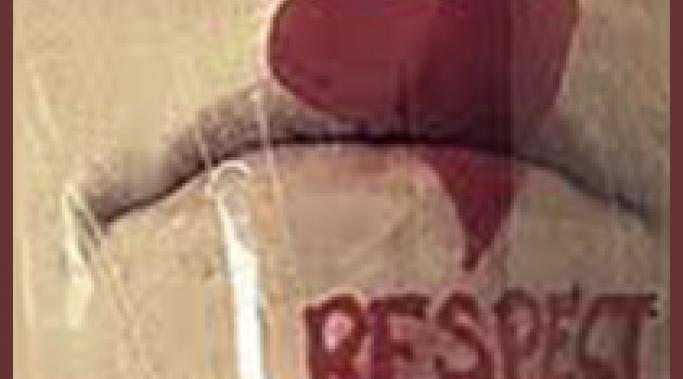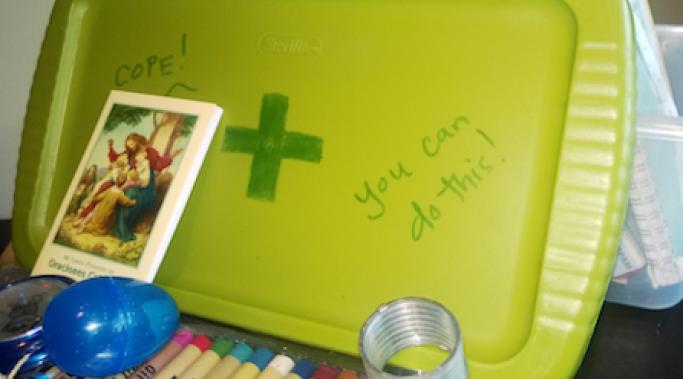How do you talk to someone with disordered eating around the Holidays? The Holiday season is a time of gathering and lots of food. The average person may complain of overindulging and gaining some turkey or pie weight. But for the person with an eating disorder, the joy of the Holidays can be a time filled with anxiety (Surviving (and Thriving) During the Holidays With An Eating Disorder). Food is a part of celebration, but for those with disordered eating it can be difficult to maintain stability or stay on the recovery path. Added to that stress, are the dreaded looks or awkward questions of friends and family members. Here’s how to be a supportive person and talk with someone with disordered during the Holiday celebrations.
Addictions and Eating Disorders
The person you meet in eating disorder recovery lies in the abyss of the rock bottom of addiction. It’s when you’ve tried on your own and failed. It’s when don’t have enough tools yet to fend off the destructive patterns. In the abyss of rock bottom, you may end up in a hospital or treatment center fighting for your life, even when you’re not sure you want to fight for it. But we have a seed of will to survive, a sliver of hope that there’s a better life, if we can just find it. The person you meet in eating disorder recovery is the person that will be with you for the rest of your life, because that person is you.
We recover in community. We may think that our eating disorders, or addictions, separate us from others (Never Alone: Overcoming the Loneliness of Eating Disorders). We may think that no one understands, that we’re unique in our “specialness,” or our suffering. Then we enter therapy, a facility, or a group, and we begin to see that we’re not as unique as we thought. Our “special” form of suffering is shared by others, and guess what, they understand us. They don’t just try to listen and sympathize. They actually understand us because they’ve gone through the same things. One of the key factors in eating disorder recovery is connection to others, because we recover in community. Here’s three ways to connect in recovery.
Why would anyone resist eating disorder recovery? Wouldn't eating disorder recovery be better than an active eating disorder? Afterall, when we think about eating disorders, the terms laughing, cheerful, bright, glad, or content don’t make the list. For those of us who’ve been living with our disorder for a while, there’s a helplessness, hopelessness and self-doubt, which kicks us down the stairs of depression with an eating disorder. We’re not stupid. We know we’re missing out on life. Yet fear pokes us with a sharp stick taunting, “What if you never recover? You’ll get fat. You’ll spiral out of control.” Terror of the unknown keeps us frozen in place, or moving with icy limbs. There’s a simple reason we resist eating disorder recovery. Once we hear it, eating disorder recovery won’t be the same.
Not a day goes by without me feeling grateful about being able to share with you on this blog my lived experience with an eating disorder. The concept of giving back to others who stand where I once stood makes me very happy and truly helps me maintain my recovery.
Happy Halloween, y'all! While I always greatly enjoy seeing what the kids in the neighborhood dress up as, there is one thing I am less excited to see in disguise: my eating disorder. Symptom switching is your eating disorder's way of sneaking back into your routine. In the past 14 years, one thing I have learned is this: the eating disorder never stays the same.
When I reflect on the years I struggled through my eating disorder; bulimia, and its recovery, it reminds me of how resilient human beings can be. In extreme times, whether tough or the opposite, I sometimes find myself appreciating my own inherent resolve not to self-harm.
I suffered from a mental illness for many years and at the time, felt powerless against it. My eating disorder, bulimia consumed every aspect of my life. Now 5 years into the recovery process, I stay recovered by maintaining a level of self-care that goes way beyond simply avoiding triggers and practicing coping skills. Without self-care, my recovery would be compromised.
I’m a foodie! I love food and I love cookbooks. I love my kitchen. Also, preparing food for the people I love knows no bounds! Let's pause for a second....I've also recovered from bulimia.
So, you've made the decision to recover from your eating disorder -- awesome! Now what? Everything is puppies and rainbows and unicorns and all you have to do is eat, right?
Well, yes, you have to eat (sorry, no way around that one!), but it's not really about what you're doing necessarily - but about what you're NOT doing. You're not restricting, you're not overexercising, you're not bingeing, you're not purging, you're not taking x, y, and z pills.
And you are going to want to do all of those things (and more) during the course of your eating disorder recovery.
